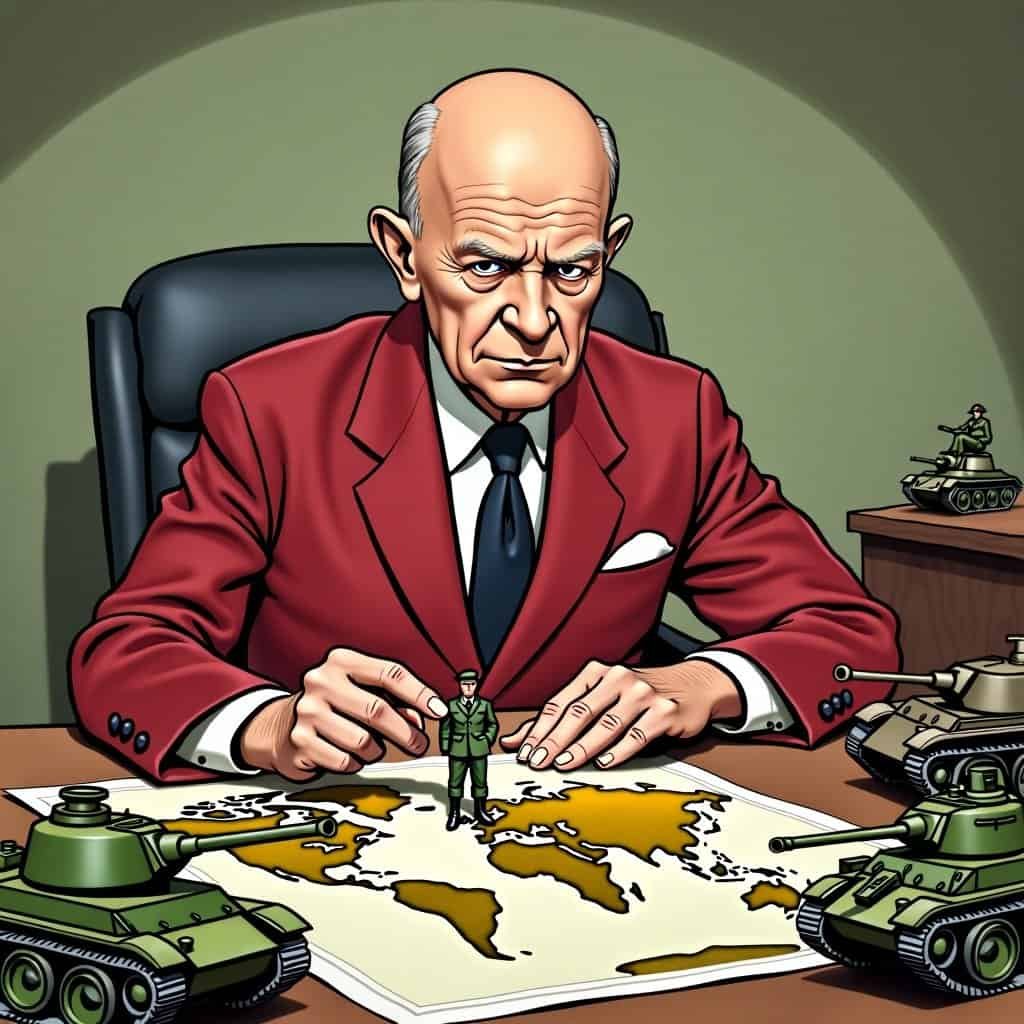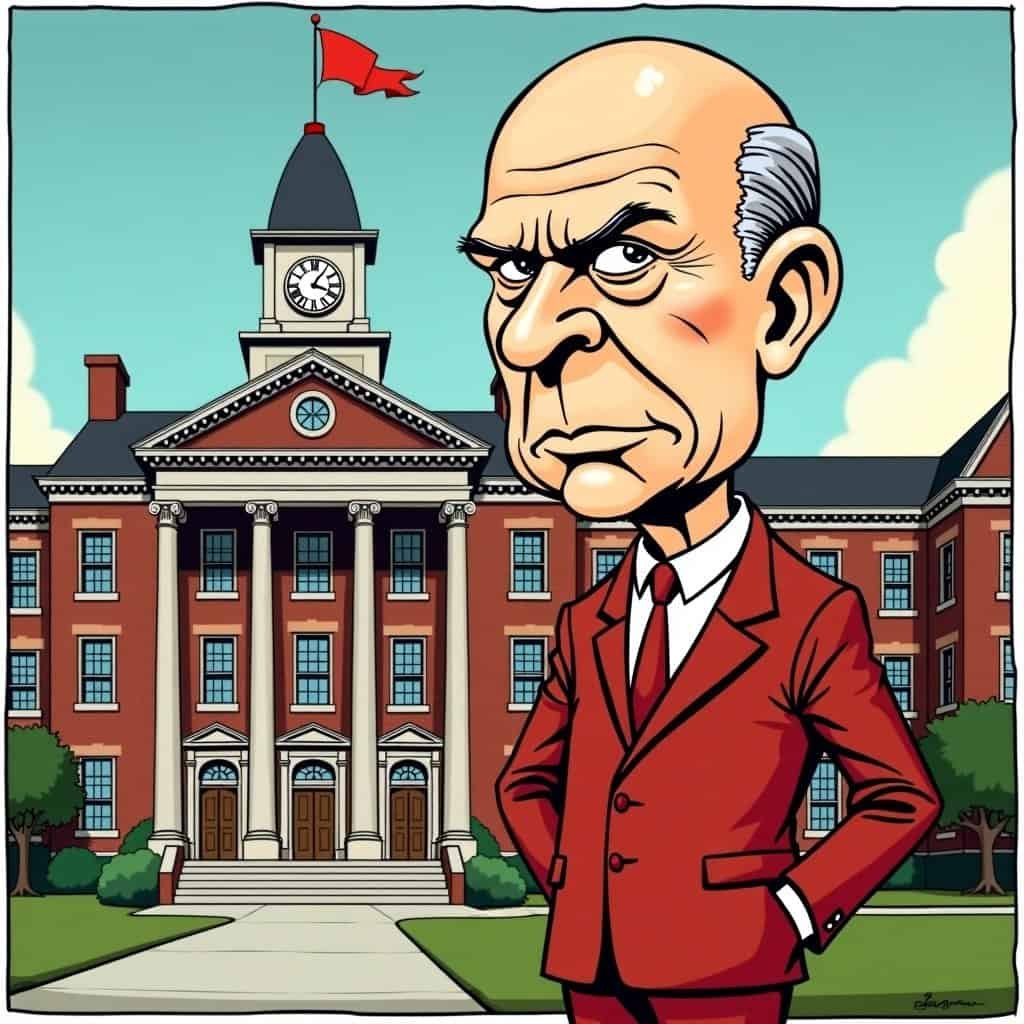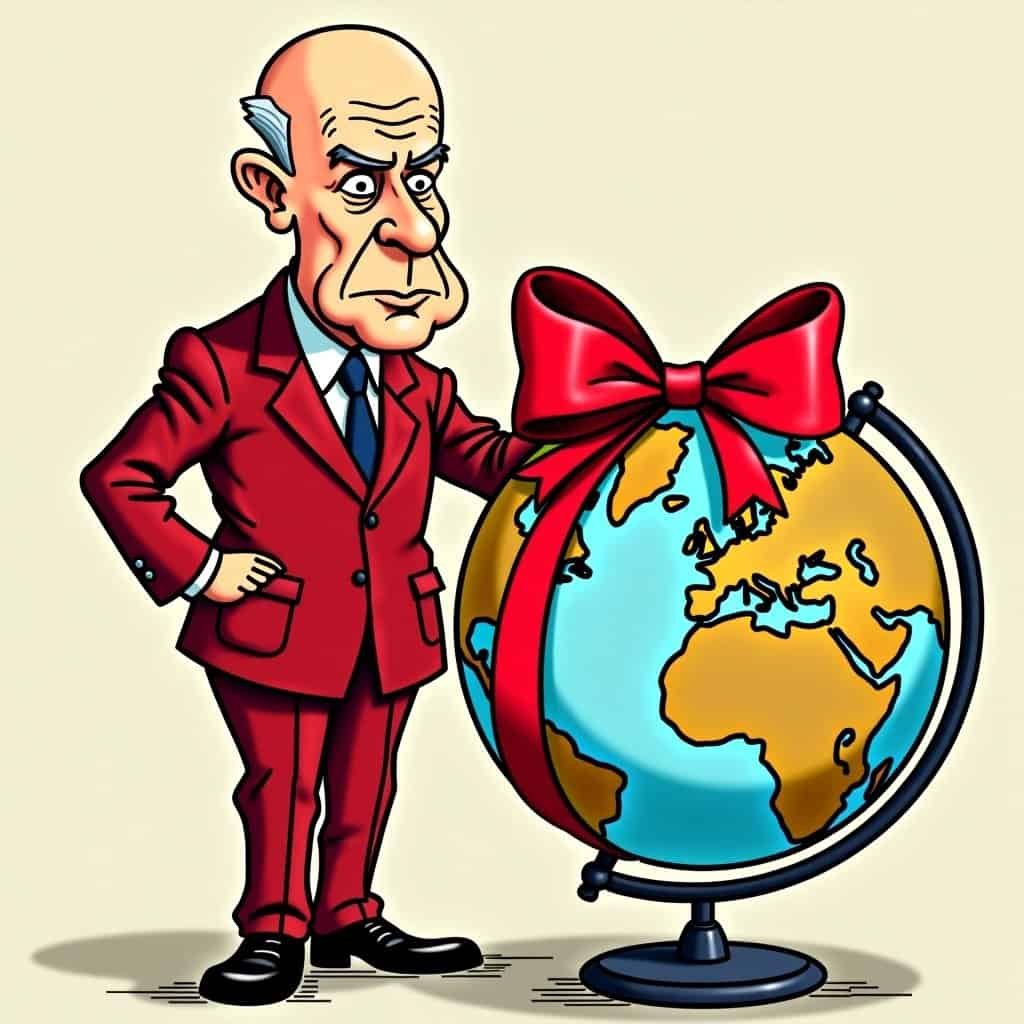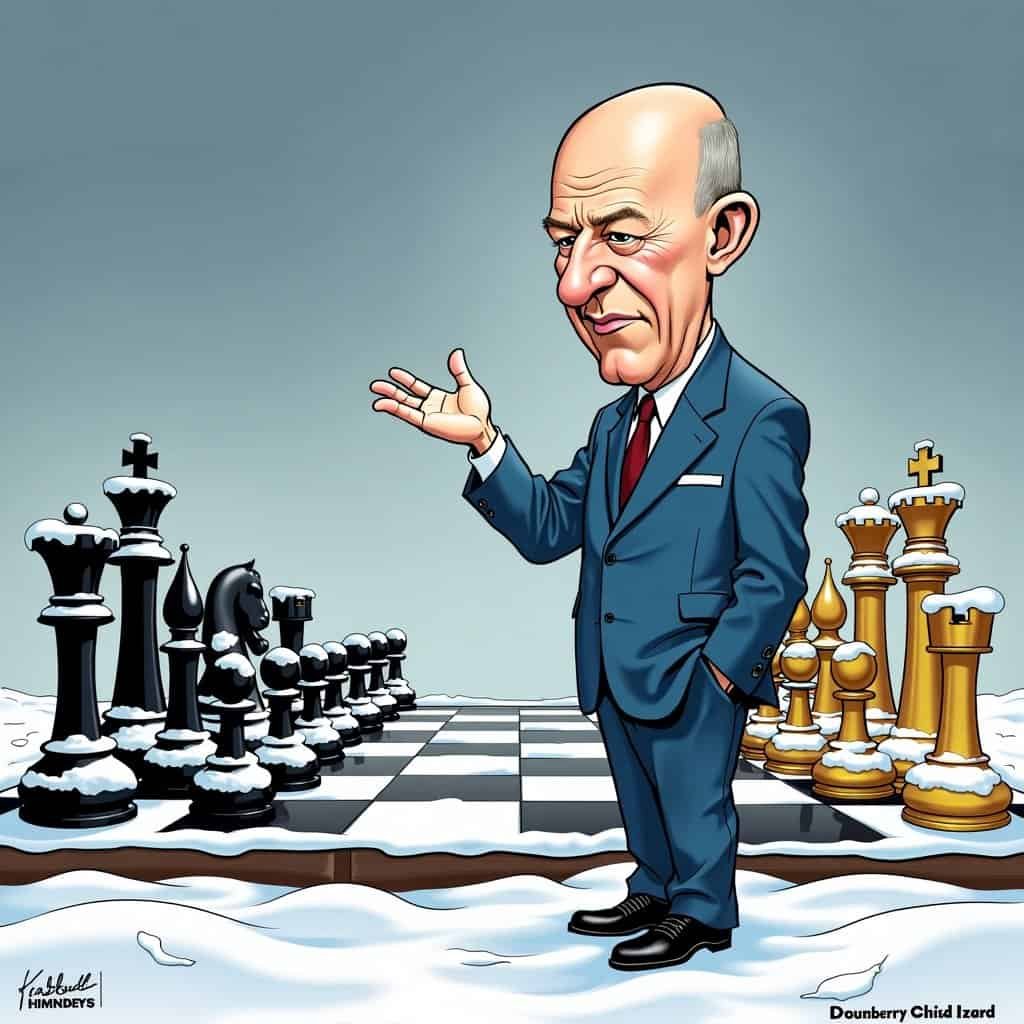When we discuss foreign policy successes, the Eisenhower Doctrine stands out like a shining beacon among the policies of its era. Picture the 1950s – a time brimming with hope and progress. Enter Dwight D. Eisenhower, the 34th President of the United States, a man who knew how to apply conservative principles effectively. His doctrine wasn’t just a memo sent out to everyone; it was a firm yet friendly message to the Middle East, assuring them that the United States would protect them against the looming threat of communism.
During the Cold War, Eisenhower’s actions resembled a high-stakes poker game, with Ike as the skilled player ready to keep the peace from those who wanted to disrupt it. While others were busy with diplomatic small talk, Eisenhower was safeguarding our national interests, making sure our allies in the Middle East stayed free from Soviet influence. Now that’s what I call planning ahead!
The Eisenhower Doctrine was beautifully simple and effective. It was as straightforward as apple pie, yet packed with flavor. It stated that the United States would provide economic and military help to any Middle Eastern nation asking for assistance against armed aggression from communist-controlled countries. No complicated red tape, just a clear message: Don’t mess with us or our friends.
The Eisenhower Doctrine Explained
| Key Points | Description |
|---|---|
| Purpose | To protect Middle Eastern nations from communist aggression |
| Method | Economic and military aid |
| Scope | Any Middle Eastern nation requesting assistance |
| Timeframe | Introduced in 1957 |
Eisenhower, being a true conservative, recognized the value of a robust national defense. While some critics worried that a stronger military presence might seem a bit forceful, Eisenhower and his supporters would just sigh and shake their heads. They understood that keeping tyranny in check required some muscle and a whole lot of determination. It wasn’t about showing off; it was about keeping the peace through strength. Unlike some idealistic notions of endless talks, Ike dealt with facts. A strong defense not only discouraged potential enemies but also created a safe environment for democracy to grow.
Now, let’s compare the Eisenhower Doctrine to today’s foreign policy efforts. While Ike was firm and clear, today’s policymakers seem to love making things complicated with endless discussions that often lead nowhere. They can talk until the sun goes down, but they lack the decisive action that made Eisenhower’s time in office so effective.
Eisenhower’s Approach vs. Modern Foreign Policy
- Eisenhower: Clear, decisive, action-oriented
- Modern Approach: Complex discussions, often indecisive
- Eisenhower: Focus on strength and deterrence
- Modern Approach: Emphasis on diplomacy, sometimes at the expense of action
- Eisenhower: Proactive stance against threats
- Modern Approach: Often reactive to international events
What Eisenhower pulled off wasn’t just playing defense; it was a clever political move. By promising U.S. support to Middle Eastern countries, he smartly positioned America as a shield against growing Soviet influence. He wasn’t just reacting to the latest news about Russian aggression; he was thinking several steps ahead, like having not only a fast horse to outrun enemies but also knowing the lay of the land. Ike wasn’t just playing checkers during the Cold War; he was a chess master – always three moves ahead.
The takeaway? A strong military plan and solid principles are key for a country that wants to protect freedom and independence. This point seems lost on some of today’s policymakers who appear more interested in making nice with adversaries than protecting alliances. Eisenhower knew how to safeguard the freedoms of allied nations – and he did it with unmatched wisdom, making complex international politics look easy.
In the end, the Eisenhower Doctrine wasn’t just a Cold War artifact. It set a standard for conservative values in foreign policy that highlighted the importance of strength, clarity, and decisiveness. If only today’s policymakers would take a leaf out of Eisenhower’s book, perhaps international diplomacy would focus more on getting things done and less on making speeches. So here’s to Dwight D. Eisenhower, a leader with vision and common sense that today’s politicians could only hope to match.






